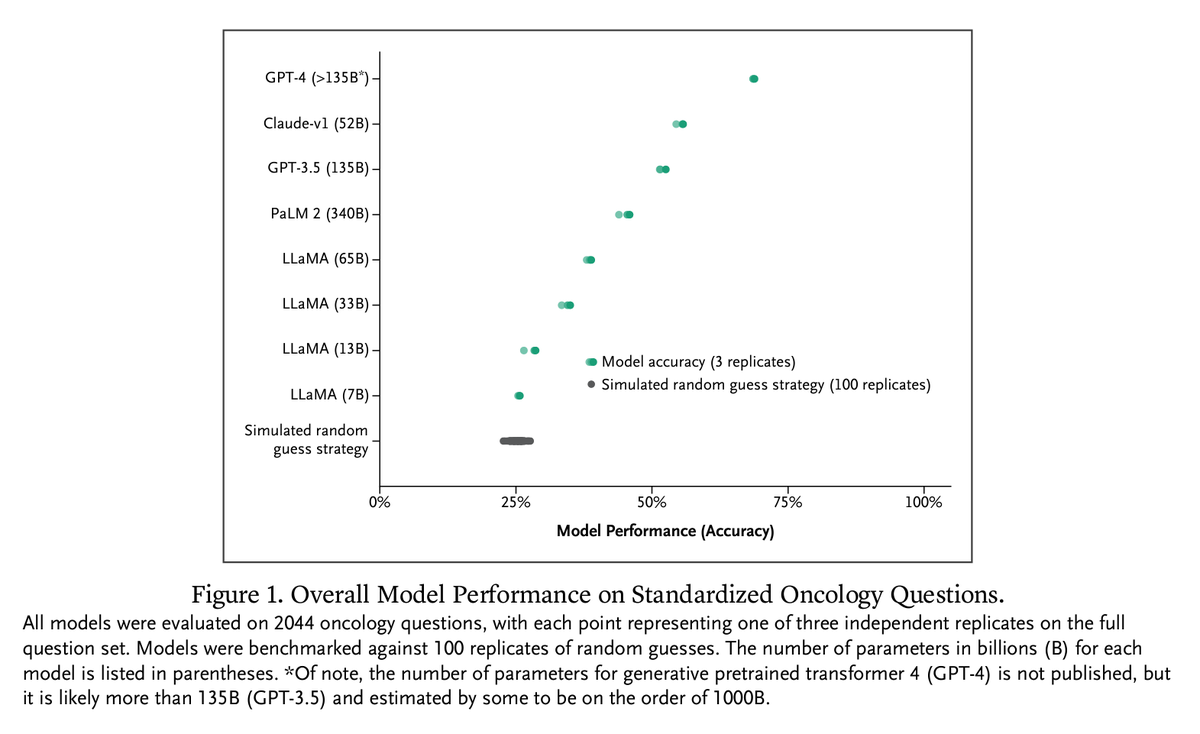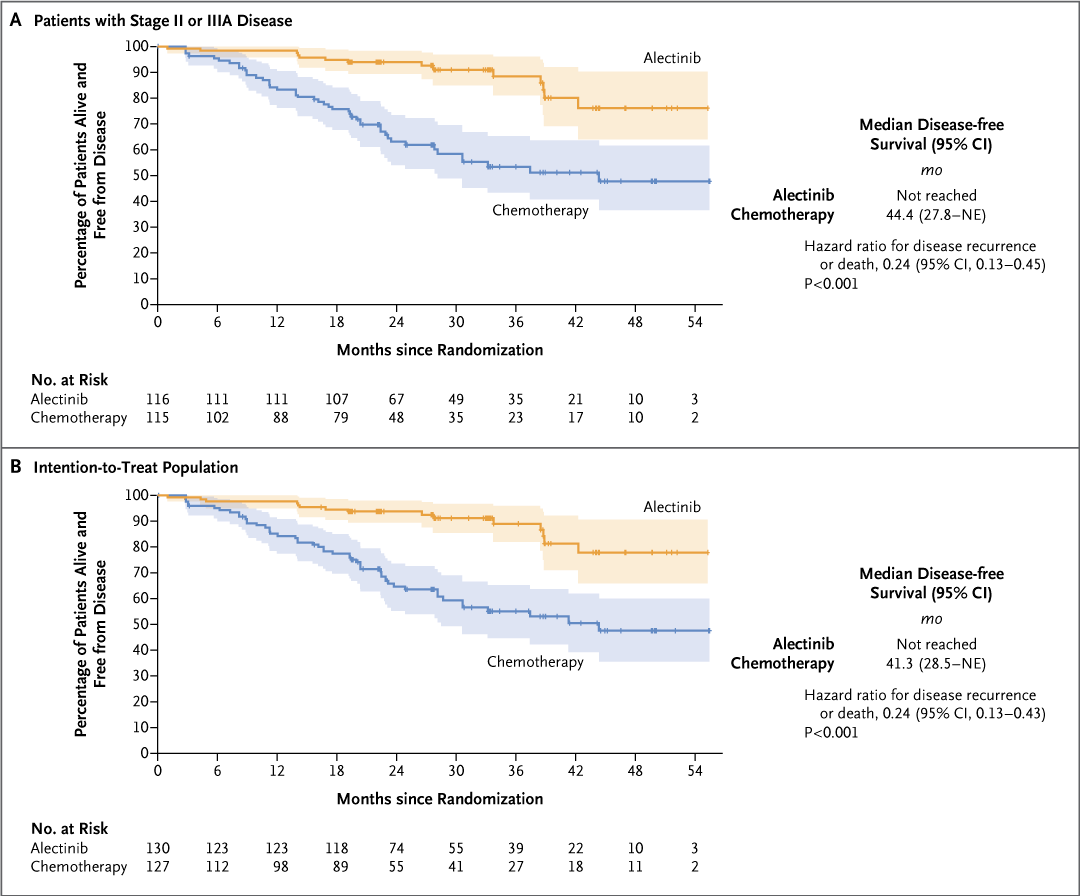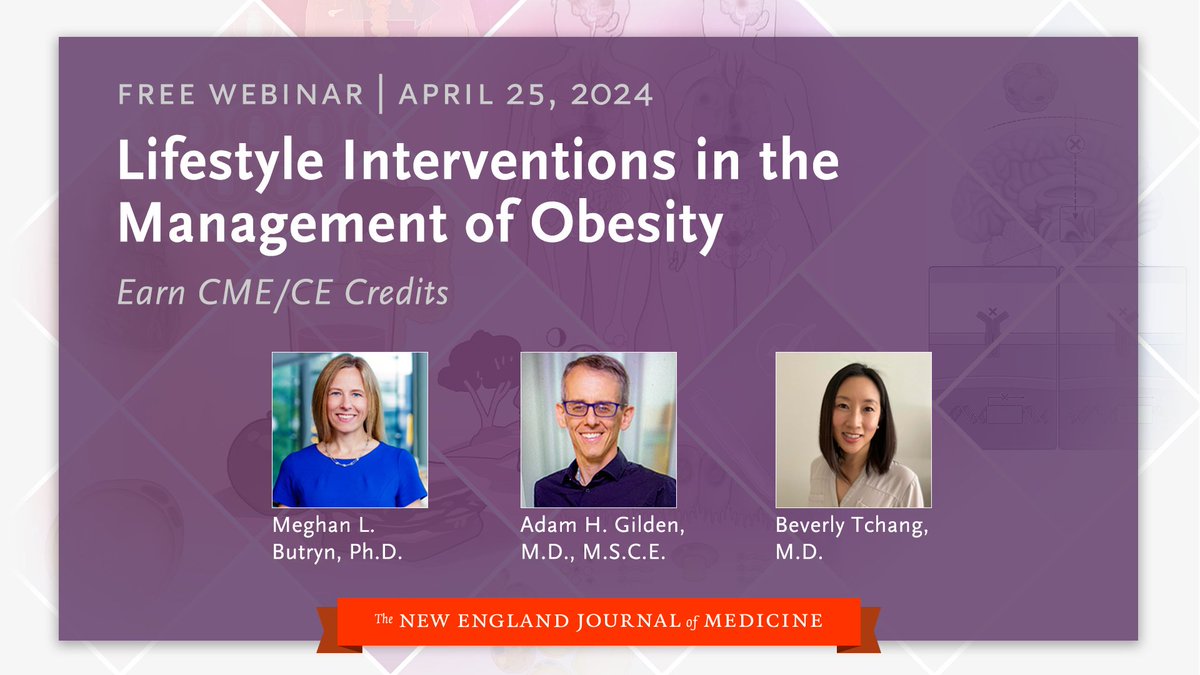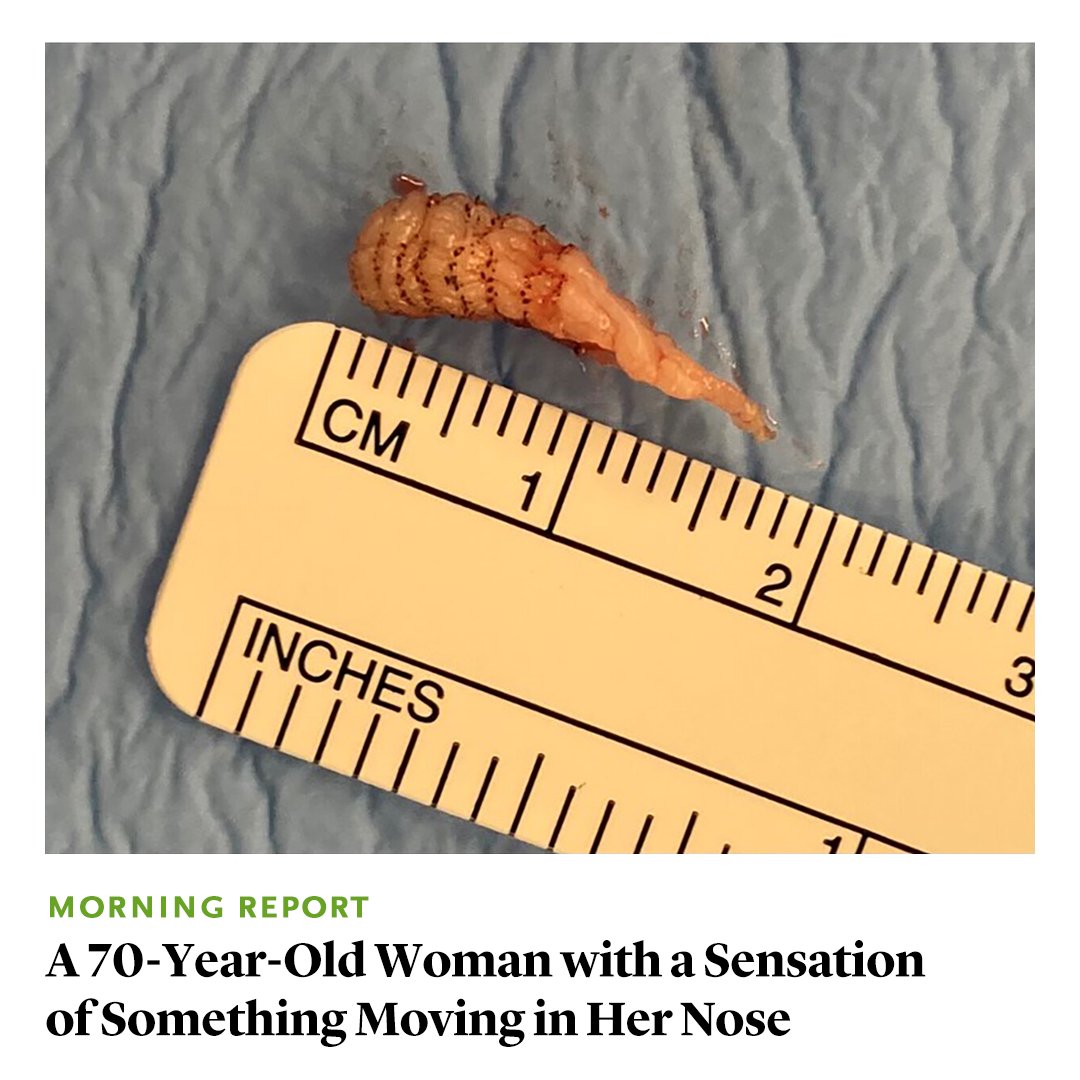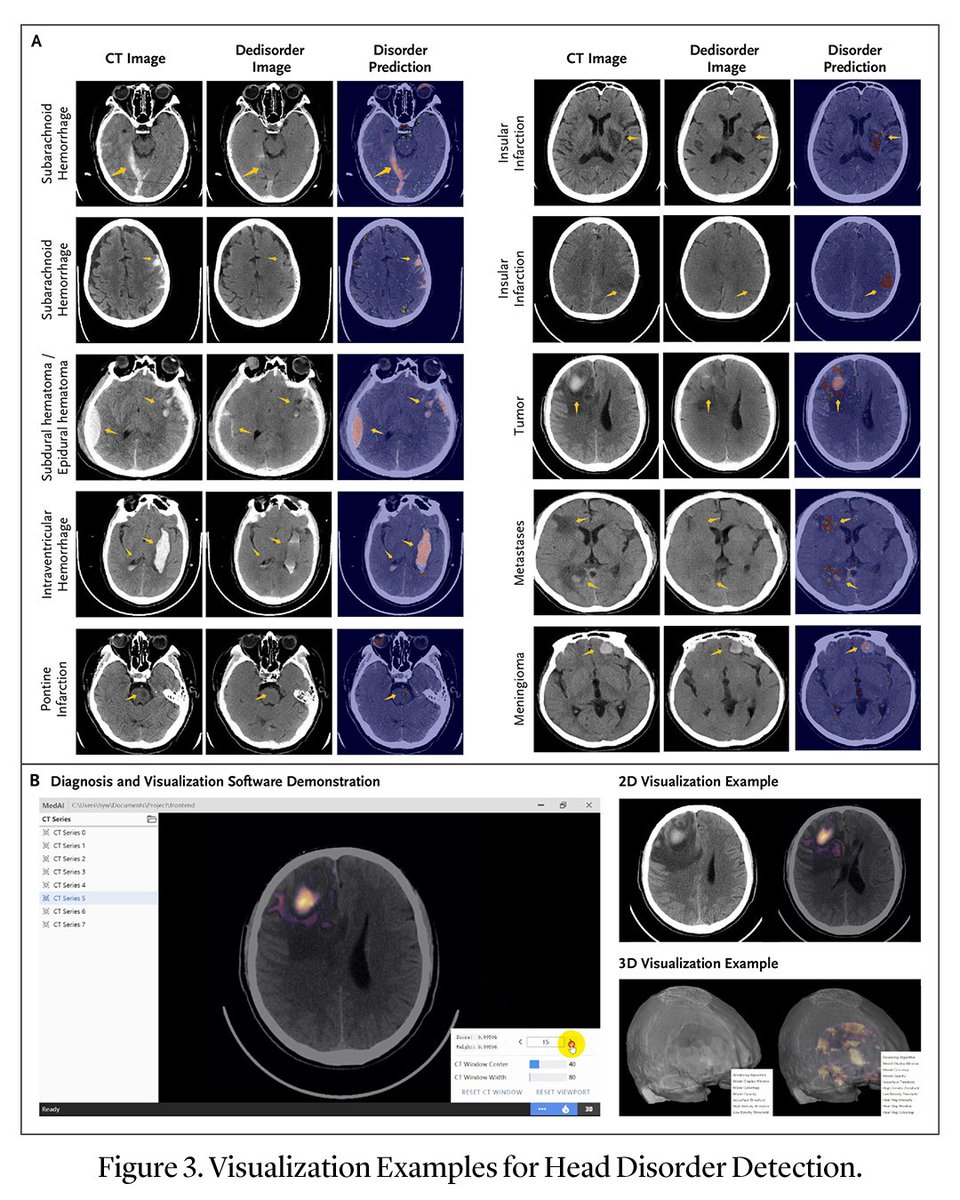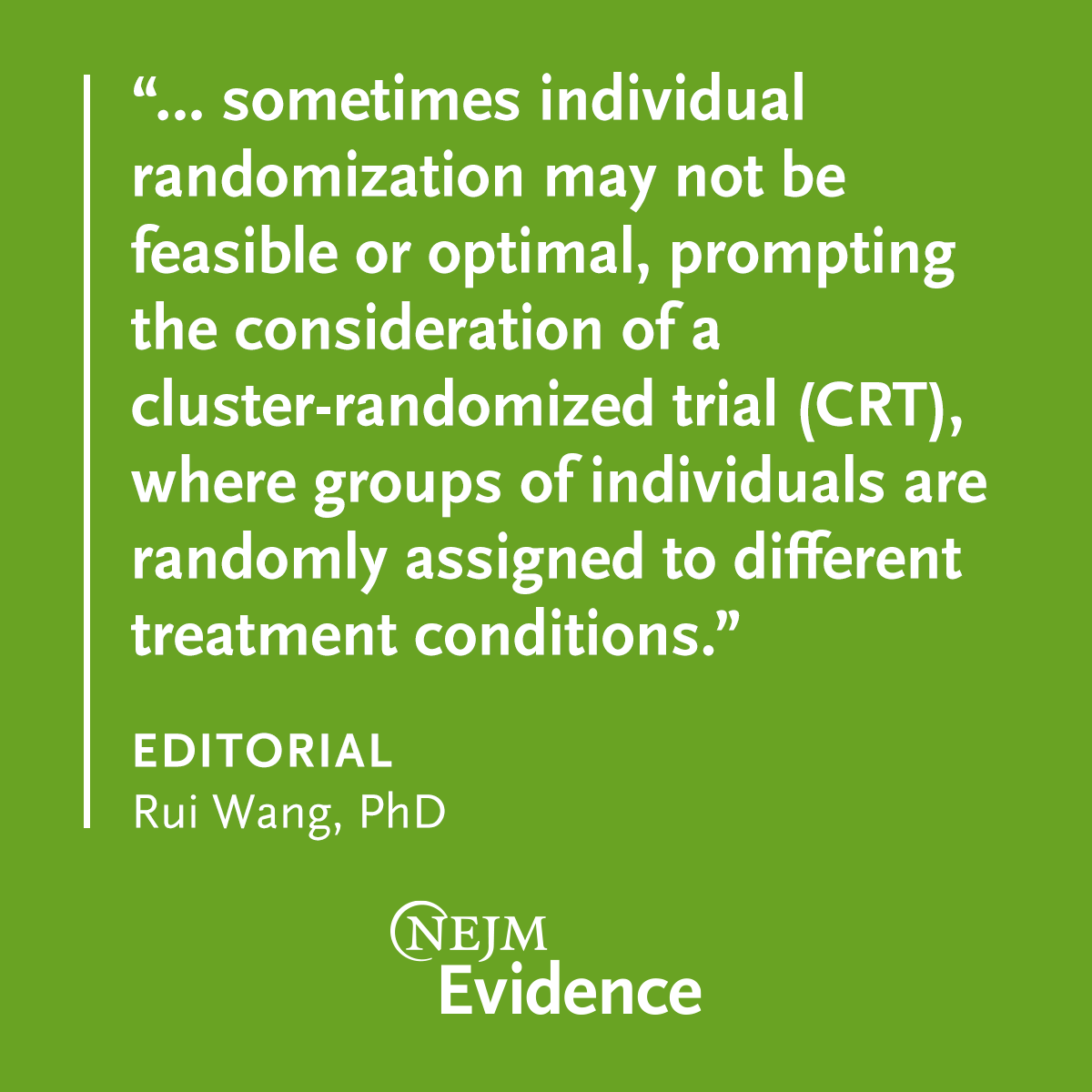
NEJM Evidence
@NEJMEvidence
NEJM Evidence, a new journal from NEJM Group, presents innovative #OriginalResearch and fresh, bold ideas in #ClinicalTrial design and clinical decision-making.
ID:1423646013252907011
https://evidence.nejm.org/ 06-08-2021 14:04:23
2,4K Tweets
30,2K Followers
1,7K Following


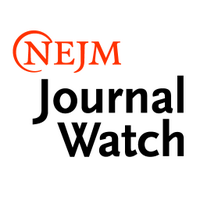


Original Article: “Promotion of Influenza Vaccination in the Emergency Department” by Robert M. Rodriguez, MD, et al. eviden.cc/4ajX0pI
Melanie Molina, MD MAS Kelli O'Laughlin, MD, MPH Graham Nichol PAPR Princess, MD James Ford, MD UCSF Research - Department of Emergency Medicine #EmergencyMedicine
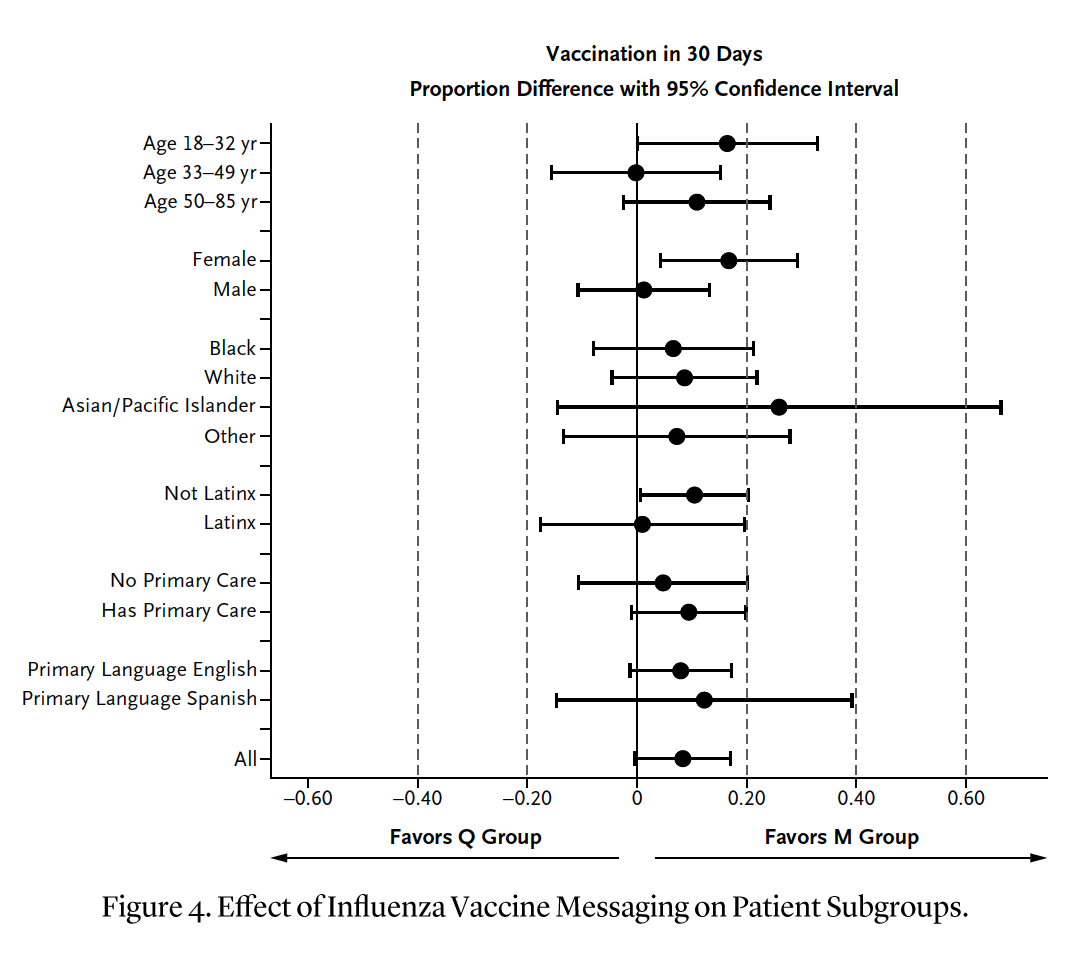

Original Article: “CAR T-Cell Immunotherapy in Minority Patients with Lymphoma” by Drs. Guido Ghilardi, Marco Ruella, et al.: eviden.cc/3VuGgI9
Ruella Lab Penn Medicine #Oncology #DEI



Original Article: “Broadening Eligibility Criteria and Diversity among Patients for Cancer Clinical Trials” by Dr. Maneet Kaur et al. eviden.cc/49eRVyg
Trevor J. Royce MD MPH #Oncology #DEI


Editorial: “Never Let a Good Outbreak Go to Waste” by Robert H. Goldstein, MD, PhD eviden.cc/4bKRGNT
#InfectiousDisease #IDTwitter


Editorial: “Vaccines for Mpox — An Unmet Global Need” by Lori E. Dodd, PhD, H. Clifford Lane, MD, and Jean-Jacques Muyembe-Tamfum, MD, PhD eviden.cc/3uMa7ko
#InfectiousDisease #IDTwitter

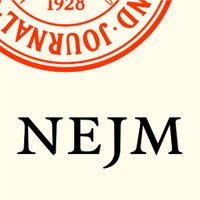


“Data-driven approaches have the potential to improve efficiency in the identification of the most important drivers of [heterogeneity of treatment effect] from RCTs.” Full article by Rishi J Desai et al.: eviden.cc/4cupGhU
Muthu Vaduganathan
![NEJM Evidence (@NEJMEvidence) on Twitter photo 2024-04-11 14:15:04 “Data-driven approaches have the potential to improve efficiency in the identification of the most important drivers of [heterogeneity of treatment effect] from RCTs.” Full article by @Rishidesai11 et al.: eviden.cc/4cupGhU @mvaduganathan “Data-driven approaches have the potential to improve efficiency in the identification of the most important drivers of [heterogeneity of treatment effect] from RCTs.” Full article by @Rishidesai11 et al.: eviden.cc/4cupGhU @mvaduganathan](https://pbs.twimg.com/media/GK49gsSaoAAWJPC.jpg)








